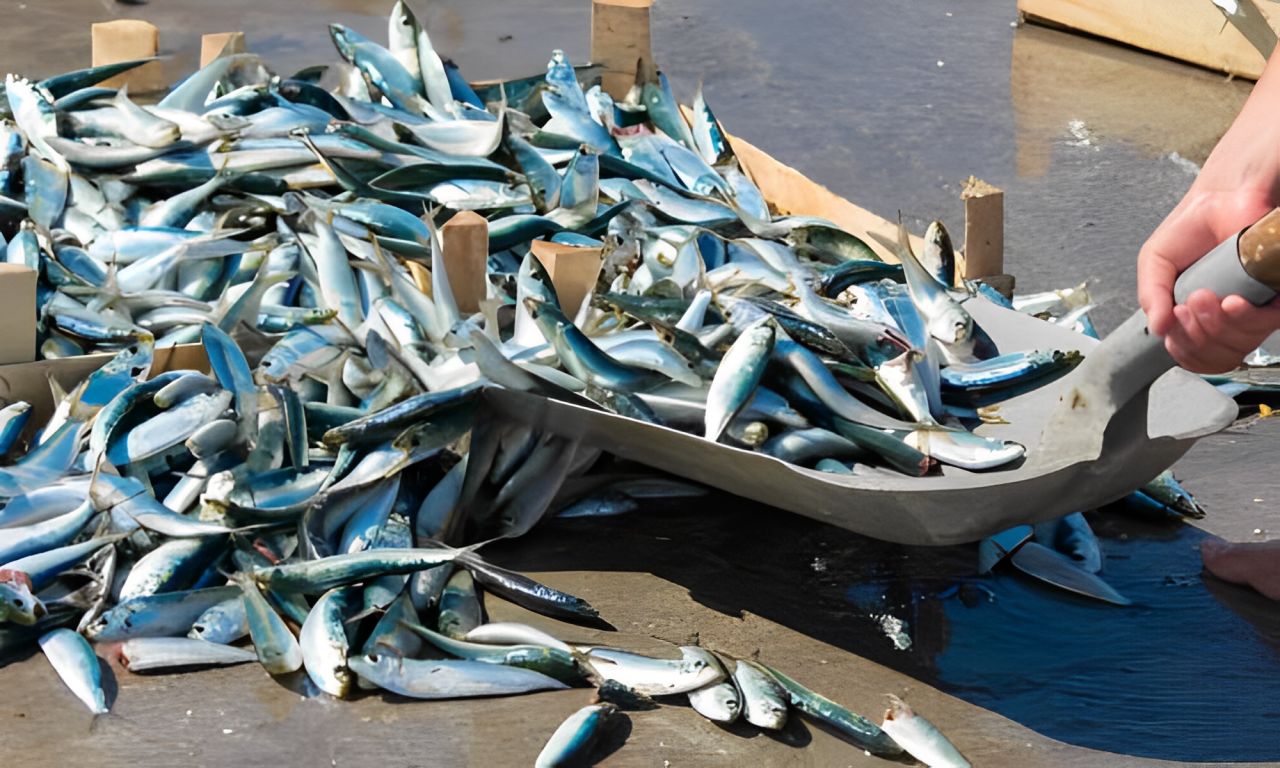The Senate Commerce Committee has taken a major step in the fight against illegal fishing by advancing the Illegal Red Snapper and Tuna Enforcement Act. This bipartisan bill, introduced by U.S. Senator Katie Britt (R-Ala.) along with Commerce Committee Chairman Ted Cruz (R-Texas) and Senators Tommy Tuberville (R-Ala.) and Brian Schatz (D-Hawaii), now moves forward for consideration by the full Senate.
The proposed legislation focuses on improving seafood traceability and enforcement against illegal fishing practices. It directs the National Institute of Standards and Technology (NIST) and the National Oceanic and Atmospheric Administration (NOAA) to establish a standardized method for determining the country of origin for imported red snapper and certain types of tuna. By developing a field test kit, federal and state law enforcement officers would have a reliable tool to verify the origin of seafood products, ensuring that illegally harvested fish do not enter the U.S. market.
Senator Britt stressed the significance of this legislation for Alabama’s fishing industry, which plays a vital role in the state’s economy. Alabama’s coast is a key area for red snapper fishing, with nearly 100,000 red snapper harvested annually, making up about one-third of the total recreational catch in the Gulf. The commercial and recreational fishing industries in the state provide employment for more than 12,000 people and generate over $1.1 billion in annual sales.
Supporters of the bill argue that illegal, unreported, and unregulated (IUU) fishing poses a serious threat to legal U.S. fisheries. They point to Mexican fishing boats, known as lanchas, as a primary contributor to this issue. These boats often engage in illegal fishing activities, harming American fishermen by creating unfair competition in the seafood market.
In addition to economic concerns, lawmakers and industry leaders have raised alarms about the connections between illegal fishing and organized crime. Some reports suggest that certain illegal fishing operations have ties to drug cartels and human trafficking networks. By strengthening enforcement measures, this bill aims to curb illicit activities associated with IUU fishing while also ensuring compliance with U.S. and international fishing regulations.
A similar version of this legislation was introduced during the 118th Congress and successfully passed through the Senate Commerce Committee in July 2023. If enacted, the new bill would enhance federal and state enforcement efforts, provide necessary tools to combat illegal fishing, and support American fishermen by maintaining fair competition in the seafood industry.
This legislation represents a bipartisan effort to protect the U.S. fishing industry, ensure seafood safety, and combat the growing threats associated with illegal fishing operations. With the bill now moving to the Senate floor, lawmakers are hopeful that it will gain full approval and bring meaningful change to the fight against illegal fishing in American waters.
Disclaimer: This article has been meticulously fact-checked by our team to ensure accuracy and uphold transparency. We strive to deliver trustworthy and dependable content to our readers.








